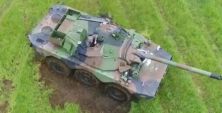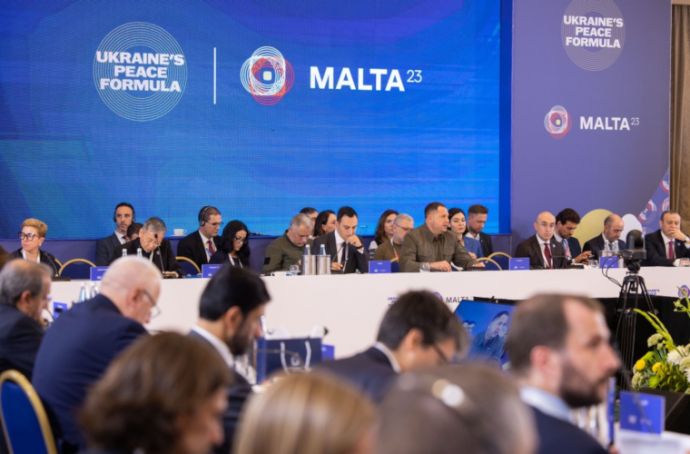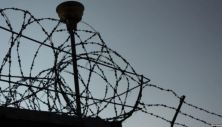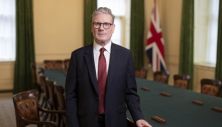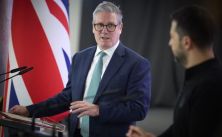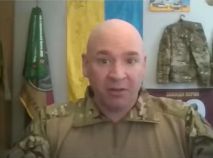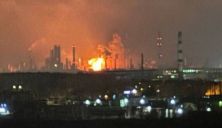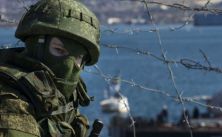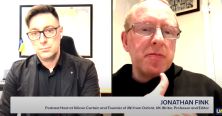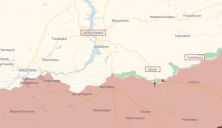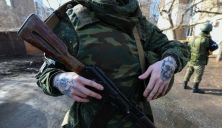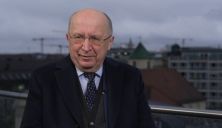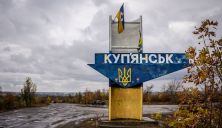The third meeting of national security advisors and foreign policy advisors regarding the implementation of President Volodymyr Zelensky’s “Peace Formula” took place on October 28-29 in Malta, as reported by the Presidential Office’s press service.
This meeting served as a logical continuation of consultations in a similar format held in Copenhagen in June of this year and in Jeddah, Saudi Arabia, in August.
The third meeting saw the participation of diplomats from 66 countries and international organizations, compared to 42 delegations in the previous meeting.
Previous consultations at the advisor level enabled the formation of a shared understanding of the prerequisites for achieving peace and a secure post-war world. The results of meetings at the ambassadorial level in Kyiv led to the development of concrete plans for implementing the points of the “Peace Formula” and the creation of international working groups focused on the technical aspects of its implementation. Ukrainian and foreign officials presented and discussed each point.
Regarding nuclear safety, the plan involves the complete withdrawal of Russian personnel, weapons, and equipment from the Zaporizhzhia Nuclear Power Plant and transferring control of the facility to Ukraine. It also includes strengthening the role of the International Atomic Energy Agency (IAEA) in monitoring compliance with the rules for operating nuclear facilities and studying the mechanisms of accountability for failing to adhere to the principle of nuclear safety.
In terms of energy security, the “Peace Formula” proposes developing a model of energy resilience to prevent breaches of energy security and enable the use of energy as a leverage in future acts of aggression.
Within the context of food security, it suggests establishing international security guarantees for the uninterrupted supply of food, including enhancing the protection of Ukraine’s port and logistics infrastructure and ensuring the demining of sea routes in the Black Sea.
The action plan for the return of hostages and deported Ukrainians involves the creation of an international monitoring group to gather information about them, ensuring unimpeded access to their places of detention, and imposing additional sanctions against the Russian Federation and its officials for violating international humanitarian law.
Regarding adherence to the UN Charter and the restoration of Ukraine’s territorial integrity and the global order, the working group proposes focusing on reforming the UN Security Council and limiting the veto rights, strengthening the role of the International Court of Justice by recognizing the court’s compulsory jurisdiction in all disputes concerning violations of the UN Charter.
As reported by The Gaze, the Ukrainian “Peace Formula” consists of 10 points that cover all aspects of Russian aggression against Ukraine, based on the principles of the UN Charter and UN General Assembly resolutions. President Volodymyr Zelensky emphasized in his address on the first day of the summit that Ukraine’s “Peace Formula” has gradually acquired a global character over the past year.
